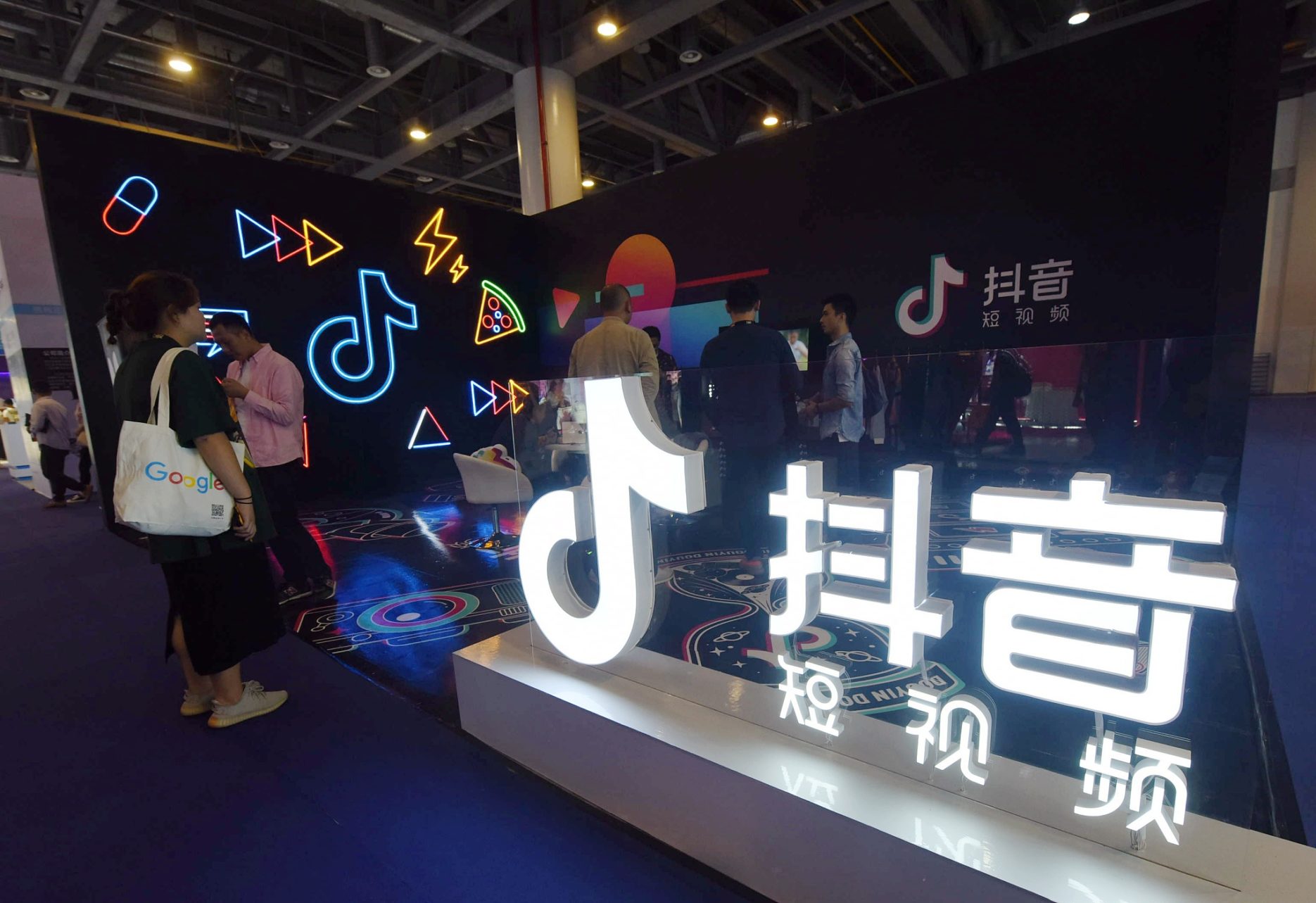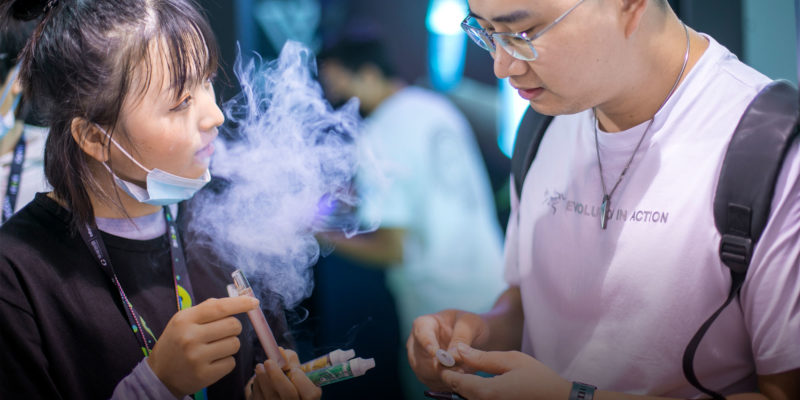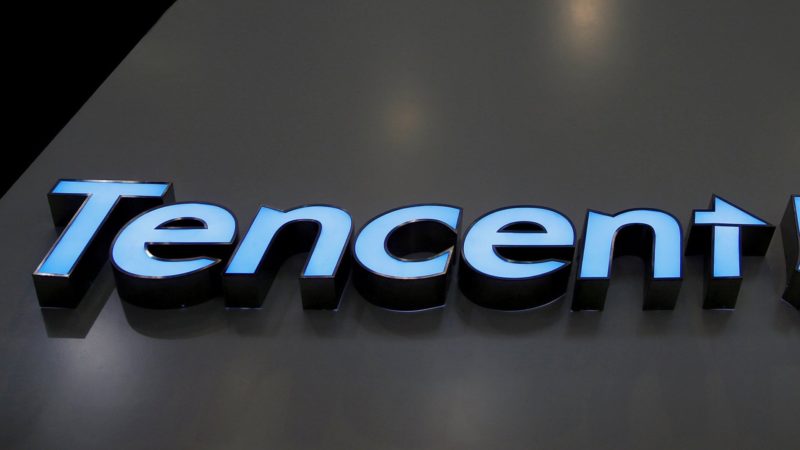Two employees of China’s leading Internet company, ByteDance, have received jail sentences after having been found guilty of accepting bribes from users to promote their content on its video-sharing platform Douyin. The verdict was published on 26 November following the first court trial at Haidian District People’s Court in Beijing.
The two defendants, Wang Yudi and Zhang Kaiying – both responsible for trending topic reports on Douyin – were charged for “accepting bribes by a non-state functionary”, per the court document published on China Judgement Online database.
Wang and Zhang, both are post-90s and were given an 18-month sentence a 12-month suspended sentence each respectively for having taken a bribe totalling 580,000 yuan ($91,015). In addition to the jail sentence, each was ordered to pay a 20,000 RMB ($3,136.8) fine. It is understood that Wang had returned part of the received money to the bribers while Zhang had paid back the full sum of 220,100 RMB ($34,520) after the pair admitted the crime to the police on 3 September 2020.
In a statement responding to the sentence, Douyin said “the platform has been maintaining a health content ecosystem” and added, “there is zero tolerance of internal corruptions“. Earlier a spokesperson from Douyin told the Chinese media outlet Sixth Tone that “the platform’s trending topics are generated by real-time discussions, not manually”. These statements are distancing Douyin from the illegal activity, with the platform being a fair and competitive landscape for content creators key to its success and continued use.
The court case has brought China’s “Internet water army” to the surface, they are groups of social-media-savvy young people that have been operating in a legal grey area to generate online buzzes in exchange for a great sum of money.
Most of them have so far been active in the entertainment industry, bumping up film ratings, pushing up celebrity followers, or even smearing a rival’s reputation. This practice is fairly widespread but is not openly known, preventing damage from occurring from those platforms that gain the revenue from such inflated numbers. Cases like this, by attracting a large media spotlight, have the potential to harm these brands that rely on creating a platform that rewards content innovation.
However, the recent government clampdowns on the entertainment industry have undoubtedly cast a shadow over the business. In addition, China has been beefing up efforts in cracking down on bribing activities amid the national anti-corruption campaign.
With these compound measures, it can be expected harsher punishment to be handed to rulebreakers. This also pushes companies like ByteDance to take decisive actions in handling internal misconducts as this one in order to align with the government regulation amid the authority’s intensified scrutiny of the tech industry.
Read more:









